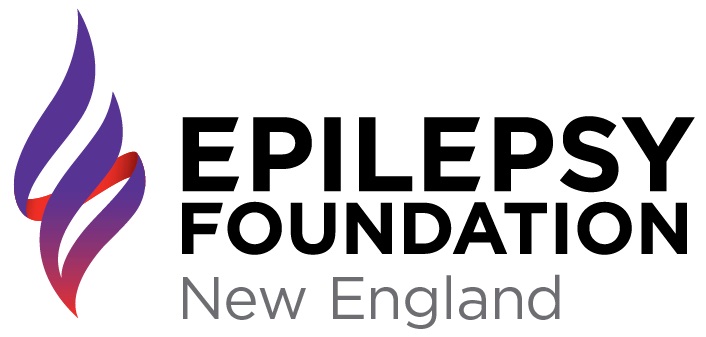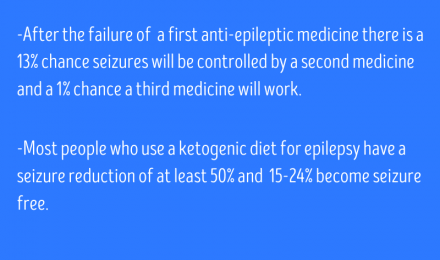When to Expect the Covid-19 Vaccination
(Last updated April 27, 2021. We will update this page frequently.)
Is the COVID-19 Vaccine Safe for Those Living with Epilepsy?
According to John Hopkins Medicine1 based on information currently available, the COVID-19 vaccine is safe for people living with epilepsy. Although the data is limited, so far there is no evidence that patients with epilepsy are at a higher risk of adverse complications after getting the COVID-19 vaccine. As with any vaccine, some people may develop a fever which could lower their seizure threshold for the short term, and rarely, could result in a break-through seizure. There is no evidence that any of the COVID-19 vaccinations results in worsening of seizures or epilepsy or in brain injury. Please contact your doctor should you have questions regarding the COVID-19 vaccine and the effects associated with epilepsy and/or individual factors.
Should Those with Seizures Triggered by Fever Avoid Getting the COVID-19 Vaccine?
Elevated temperature (fever) is a common side effect after getting a vaccine. Fevers have been reported as a side effect after getting the COVID-19 vaccine. While some people with epilepsy have seizures that are triggered by fever, the available data about the risks of COVID-19 and the safety of the COVID-19 vaccines support vaccination for people living with epilepsy.
Special thanks to Barbara Dworetzky, M.D., Brigham and Women’s Hospital, for sharing a literature review that informed this message.
The process for determining which phase people fall into for receiving the vaccine is handled on a state by state basis. People receive the vaccine in the state they reside regardless of where they get their care.
Any questions regarding COVID:
Submit a Question
Massachusetts
In MA, we visited the MA Dept of Public Health here and read further information here to determine that it seems like people living with epilepsy in MA will receive the vaccine in Phase 2, which is scheduled to start February 2 and run through April. To be in the early wave for Phase 2, a person would need to meet 2 criterion – such as epilepsy + weakened immune system or obesity or high blood pressure or smoking, etc. People living with epilepsy (i.e., “one comorbidity”) qualify in late stage Phase 2.
Rhode Island
Here, RI states "Final decisions have not yet been made about who can get vaccinated in each phase of Rhode Island’s COVID-19 vaccination program." People with epilepsy do not appear to be eligible for the vaccine in Phase 1, which is scheduled to last until March, as shown here. Phase 2 has not been described.
Maine
Maine’s updated vaccination plan is located here. Maine writes, "The supply of COVID-19 vaccines is limited, so they must be distributed in a phased approach. This approach is subject to change as Maine receives new vaccination guidance." In Maine, people living with epilepsy might qualify in phase 1c, but all qualify in phase 2. The timeline has not been announced.
New Hampshire
NH has only released information on what they are currently doing in phase 1a (at-risk health workers, residents of long-term care facilities and first responders) and have not clarified future plans. Here they wrote on January 11, "COVID-19 vaccination is currently only available for Phase 1a persons. All persons in Phase 1a are eligible for vaccination, including “moderate risk” health workers and first responders... Vaccination for persons in Phase 1b is not yet open, but is expected to begin by the end of January. NH DPHS will provide instructions to the public on how to register for and access vaccination."
Should people with epilepsy get the COVID19 vaccine?
Your doctor is the best source of information for your individual assessment. Read about the COVID19 vaccine and epilepsy here. There have been no reports of severe side effect due to the vaccination to date. A list of potential side effects can be found here. People with oral allergies or mild allergies that do not include anaphylaxis with previous vaccinations may still get the shot. The same goes for people who have previous been unable to receive live vaccinations. If you are concerned about your response you should get the shot done at a hospital or urgent care facility.

